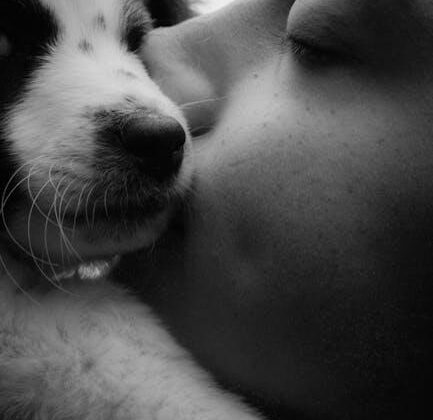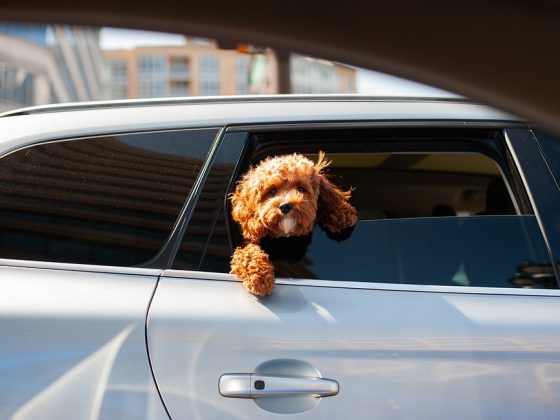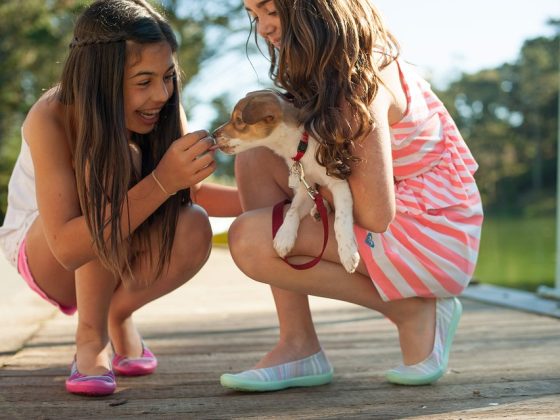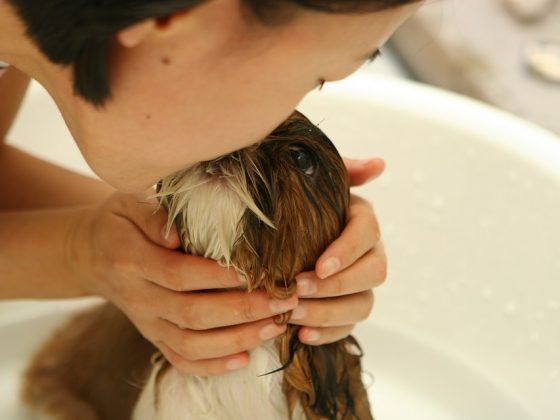Bringing a new puppy into your home can be an exciting and rewarding experience, but it also comes with great responsibility. In order to give your new furry friend the best care possible, it’s important to have a solid understanding of what it takes to properly care for a puppy. Here are some expert tips for responsible puppy care:
1. Prepare Your Home: Before bringing your puppy home, make sure your living space is safe and secure. Remove any hazardous items that could harm your puppy, such as electrical cords, toxic plants, and small objects that could be swallowed. Create a designated space for your puppy to sleep and eat, and make sure it has access to fresh water at all times.
2. Establish a Routine: Puppies thrive on routine, so it’s important to establish a schedule for feeding, potty breaks, playtime, and training. This will help your puppy feel secure and confident in their new environment, and it will make housebreaking and training much easier.
3. Socialize Your Puppy: Socialization is key to raising a well-adjusted and friendly dog. Expose your puppy to a variety of people, animals, and experiences from a young age to help them develop good social skills and confidence. This will also help prevent behavior problems down the road.
4. Provide Proper Nutrition: A balanced diet is essential for your puppy’s growth and development. Choose a high-quality puppy food that is appropriate for your puppy’s age, breed, and size. Make sure to feed your puppy at regular intervals and monitor their weight to ensure they are growing at a healthy rate.
5. Exercise Regularly: Puppies have a lot of energy and need plenty of opportunities to burn it off. Make sure your puppy gets regular exercise through walks, playtime, and training sessions. A tired puppy is a happy puppy, and regular exercise will help prevent behavior problems and promote good health.
6. Regular Veterinary Care: Just like humans, puppies need regular check-ups with a veterinarian to ensure they are healthy and up to date on vaccinations. Your veterinarian can also provide guidance on parasite prevention, dental care, and spaying or neutering when the time is right.
7. Positive Reinforcement: Use positive reinforcement techniques, such as treats, praise, and play, to encourage good behavior in your puppy. Punishment and harsh training methods can have negative effects on your puppy’s behavior and their trust in you as their owner.
8. Be Patient and Consistent: Raising a puppy takes time, patience, and consistency. Be prepared for setbacks and challenges along the way, but stay committed to providing the best care and training for your puppy. Consistency is key to establishing good habits and a strong bond with your puppy.
FAQs:
Q: How often should I feed my puppy?
A: Puppies should be fed three to four times a day, depending on their age and breed. Consult with your veterinarian for specific feeding recommendations for your puppy.
Q: When should I start training my puppy?
A: You can start training your puppy as soon as you bring them home. Basic obedience training and socialization should begin right away to help your puppy grow into a well-behaved adult dog.
Q: How can I potty train my puppy?
A: Potty training takes time and patience. Establish a consistent routine for taking your puppy outside to eliminate, and reward them with treats and praise when they go potty outside. Accidents will happen, so be prepared to clean up messes and stay consistent with training.
In conclusion, responsible puppy care requires dedication, patience, and a commitment to providing the best possible care for your new furry friend. By following these expert tips and staying informed about the needs of your puppy, you can ensure a happy and healthy life for your four-legged companion.











